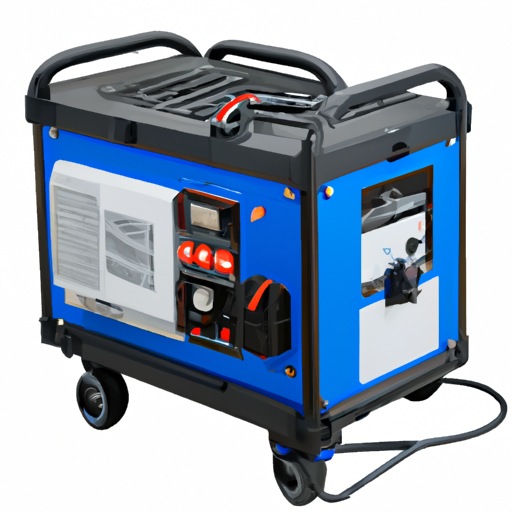
How does an LT Generator work?
An LT Generator, also known as a light tower generator, is a portable power supply device typically used in outdoor settings. It is designed to provide illumination in areas where there is no fixed lighting available. The generator is typically mounted on a mast and is powered by a genset supplier. This supplier converts mechanical energy into electrical energy, which is then used to power the lights on the mast.
The LT generator is a valuable tool for businesses that require outdoor lighting, such as construction sites, outdoor events, and emergency services. It provides a reliable and efficient source of illumination that can be easily transported from one location to another. If you're in the business of providing outdoor lighting or if you require portable power supplies for your operations, consider requesting an LT generator from a trusted supplier. With its ability to provide light and power in remote locations, the LT generator is an indispensable tool for any business that operates outdoors.
The different types of LT Generators and their uses
LT Generators come in different types, each with their unique features and uses. One of the common types is the gasoline generator. This type of generator uses gasoline, a combustible fluid, to produce electricity. Gasoline generators are the most used for portable power needs, such as camping, outdoor activities, and home emergencies. Gasoline generators come in different sizes, ranging from small portable units to large industrial units that can power entire buildings. One of the advantages of gasoline generators is their ease of use; however, they also have some disadvantages. For instance, they require constant refueling, which can be tedious and prone to error.
Another type of LT Generator is the diesel generator. In contrast to gasoline generators, diesel generators use diesel fuel to produce electrical energy. They are known for their ability to handle heavy loads and provide long-lasting power. Diesel generators are commonly used in industries, hospitals, and large commercial buildings. They are also known to consume less fuel than gasoline generators, thus reducing operational costs. An advantage of diesel generators is their durability, reliability, and long-life span. However, they are also known to produce more noise and emit more pollutants than gasoline generators. In conclusion, the type of generator you choose depends on your needs, budget, and preference. Whether gasoline or diesel, with proper maintenance, they can serve you for years to come.
.png)
